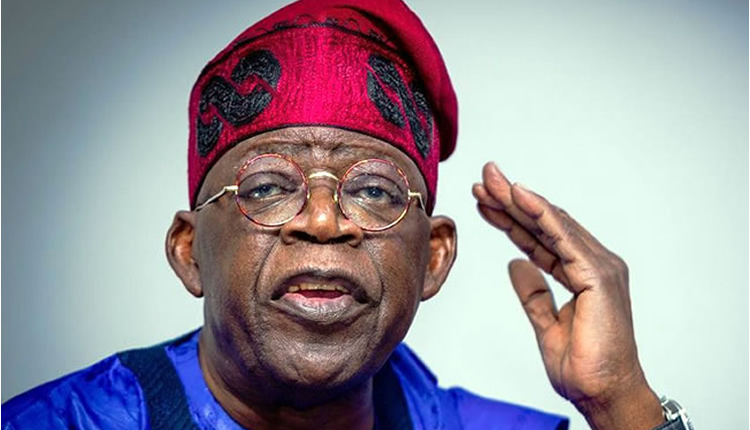
He emphasised that insecurity would have a negative impact on the nation’s socio-economic progress if not addressed.
The founder, RTC Advisory Services, made the remarks while delivering a presentation titled, “Crime and Insecurity: Understanding Nigeria’s Socio-Economic Crisis,” during a three-day media parley organised by First City Monument Bank in Abuja.
The PUNCH reports that insecurity has remained a problem in Nigeria, especially in the North-East, North-West, and South-East regions that have been targets of extremist groups such as Boko Haram and the Islamic State’s West Africa Province.
The insurgency in the regions has had disastrous effects on agricultural production, and trading, among others, and has led to the increased displacement of people.
According to the United Nations Development Programme, about 8.4 million people, mostly in Borno, Adamawa, and Yobe states, were reported to be in need of humanitarian aid in the year 2022.
Agbaje further noted that data showed that Nigeria had become stuck in an economic crisis and required competent leadership to get it out of the mess, adding that the current security architecture was strong and the situation could be fully resolved with the needed political will.
He said, “If the incoming President makes himself clear and is decisive about tackling the challenges, he will succeed. I don’t think that the Nigerian military is that incompetent. There have been mixed signals; you can’t afford to have mixed signals if you must succeed in addressing insecurity in a complex country like Nigeria.
“Without that, the crime rate would keep rising as long as there is a broken economy and ineffective government. However, a combination of market and social policies is required to get the nation out of the current economic mess.”
Also speaking, the FCMB Vice President, Corporate Affairs, Diran Olojo, noted that an informed media would help the country’s development and advance society.
He urged journalists to practise ethical reporting for the benefit of the public and their brands.
Olojo said, “At the FCMB, we are committed to constantly adding value to the media industry. Investing in the capacity-building of professionals in the industry is an essential part of our commitment to positively contributing to the media’s success.
“This capacity-building and interactive session serves as a tangible demonstration of our unwavering commitment to this cause. We believe responsible journalism is crucial in maintaining the credibility and integrity of the media. We encourage our colleagues and friends in the media to practise responsible journalism to benefit their organisations and society.
“By practising responsible journalism, media practitioners can build trust with their audiences, ensuring that the information disseminated is accurate, fair, and unbiased.”














